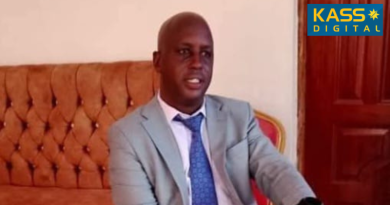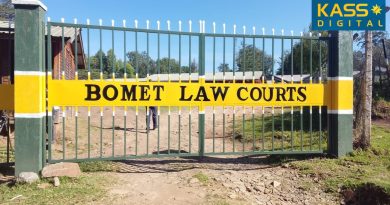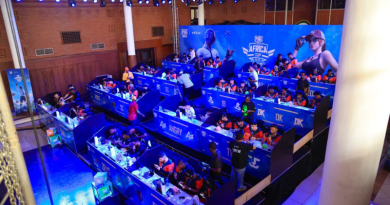Upgraded KEMRI Lab to Boost Polio, Measles Surveillance
By Chemtai Kirui, NAIROBI,
A refurbished laboratory at the Kenya Medical Research Institute (KEMRI), the government’s premier health research body, has been launched to step up surveillance for polio, measles and other epidemic-prone diseases, health officials said.
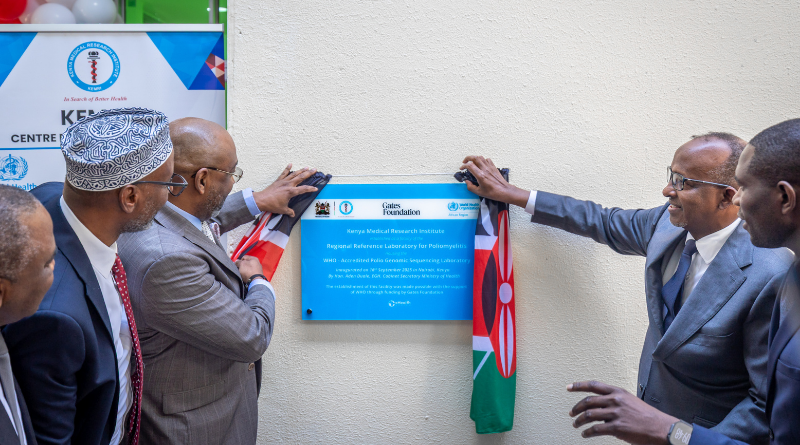
The facility, upgraded with support from the World Health Organization (WHO) and the Bill & Melinda Gates Foundation – the world’s largest private philanthropic organisation – is equipped with molecular diagnostic platforms, expanded storage and higher biosafety standards.
The laboratory, expected to serve both the country and neighbouring states at risk of polio outbreaks, will help process stool and environmental samples more rapidly, guiding immunisation campaigns and outbreak responses.
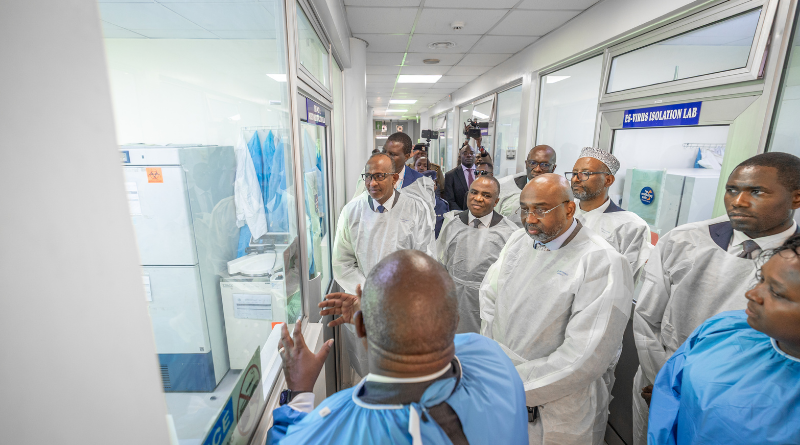
Health Minister Aden Duale, senior officials from KEMRI, and representatives from donor agencies attended the handover ceremony in Nairobi.
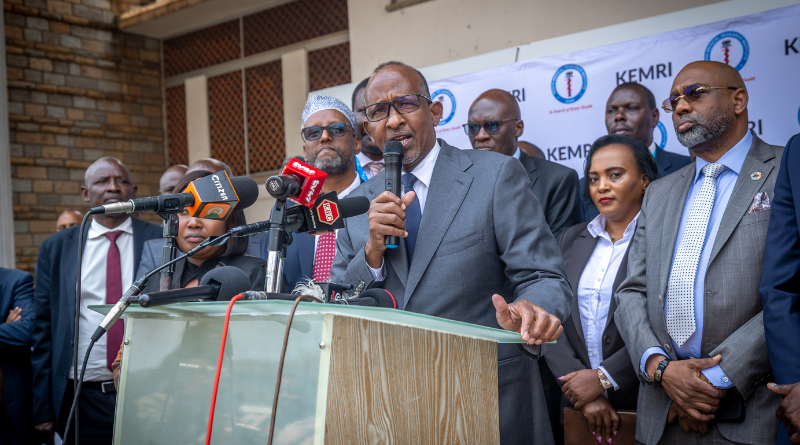
“This laboratory is a cornerstone for protecting children from the devastating effects of polio. It strengthens our surveillance capacity, not only for polio but also for measles, rubella, and other vaccine-preventable diseases,” said Dr Abdourahmane Diallo, WHO Representative in Kenya, at the launch on Tuesday.
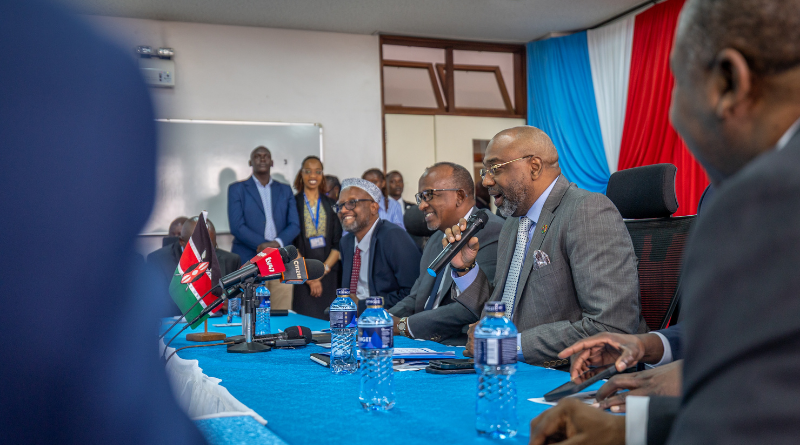
The lab, valued at approximately KES 62.4 million ($480,000), is part of the African Regional Polio Laboratory Network, which comprises 16 accredited centres across the continent.
According to WHO, the African network processed over 5,000 samples in 2024, contributing to the interruption of transmission in countries such as Madagascar and Mozambique.
Kenya has not reported a case of circulating variant poliovirus type 2 (cVDPV2) in 15 months, but outbreaks remain a risk across the region.
Officials said the KEMRI lab will also conduct genomic sequencing to support faster diagnosis of polio and expand testing for other pathogens with epidemic potential.
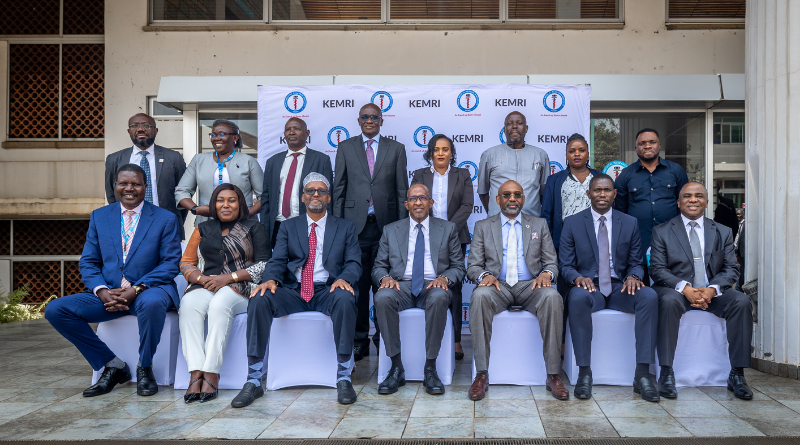
“With this facility, we are better prepared to detect outbreaks early and respond decisively,” Diallo said.
The laboratory upgrade is part of the Global Polio Eradication Initiative (GPEI), which, according to reports released Tuesday, has funded training for more than 800 health professionals in Africa in outbreak investigation, GIS mapping and laboratory practices.
WHO said it has channelled nearly KES 130 million ($1 million) to KEMRI in the past five years to support operations.
Beyond national use, the lab will serve as a reference centre for countries in the Horn of Africa, including Somalia, Ethiopia, and Djibouti, where cross-border transmission risks remain high.
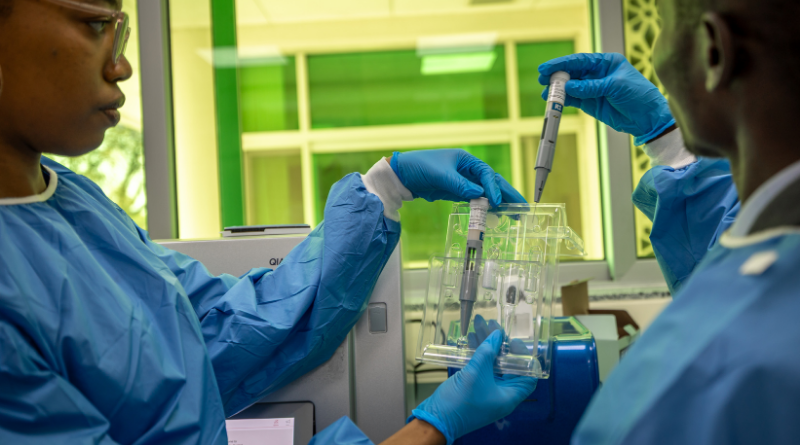
Locally, vaccination drives continue in nomadic, peri-urban, and border communities, with the latest campaign reaching nearly one million children.
Officials say combining vaccination with stronger lab surveillance is essential to securing a polio-free society.

